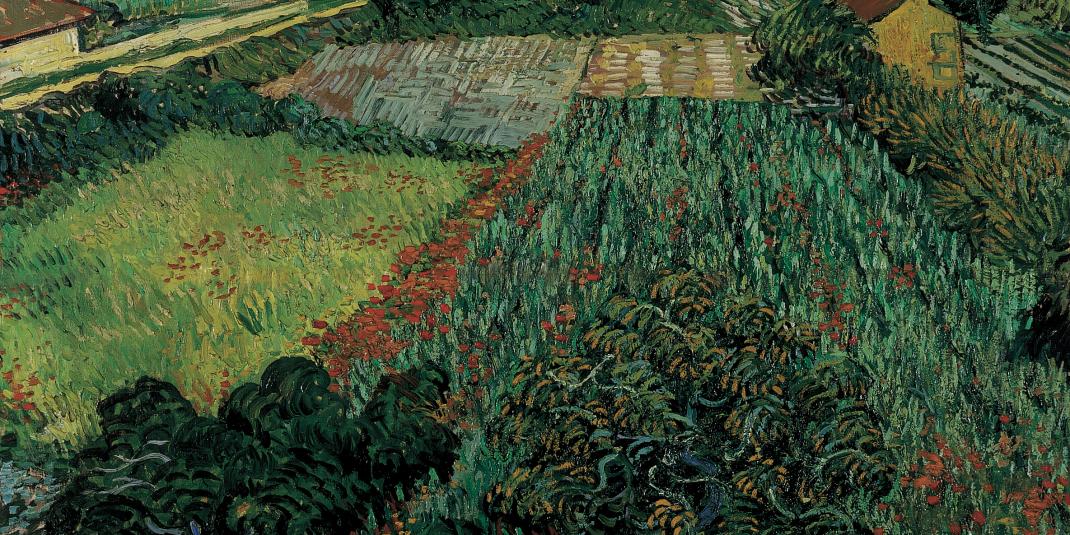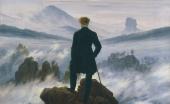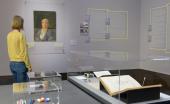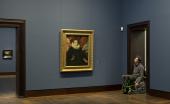
Noble Guests
For a period of two years beginning on 15 February 2009, five impressionist masterpieces from the Kunsthalle Bremen is being shown at the Hamburger Kunsthalle. The modernisation and expansion of the museum in Bremen provides an excellent opportunity for the Hamburger Kunsthalle to augment and enhance its permanent collection with a number of outstanding paintings and sculptures on loan. The presence of these “Noble Guests” adds significant emphasis to the presentation of Impressionist art in the Hamburger Kunsthalle and also reflects the close ties between the two museums. The long-standing relationship was established in the period around 1900, when Gustav Pauli and Alfred Lichtwark were the directors in Bremen and Hamburg respectively, and the connection remains strong to this day.
The centrepiece of the exhibition is Vincent van Gogh’s Poppy Field, an emotionally charged and richly coloured landscape painted in 1889 during his stay at the asylum in Saint-Rémy. The purchase of this painting in 1911 by Gustav Pauli – then the director of the Kunsthalle Bremen – caused a scandal that culminated in a “Protest by German Artists”. The protest campaign was initiated by the painter Carl Vinnen, who, incidentally, painted some sections of the old stairwell in the Hamburger Kunsthalle.
Claude Monet achieved his first major success at the Paris Salon with a full-length portrait of his lover and future wife, Camille (1866). Monet’s distinctive flowing style transforms the young woman’s fashionable attire – a green-and-black-striped silk dress and fur-trimmed black velvet jacket – into a painterly spectacle. In 1866 Édouard Manet portrayed his friend Zacharie Astruc, using vibrant brushstrokes to depict the famous writer, poet and critic sitting next to a table piled with books. Astruc was the first to come out in support of Manet and defended him against widespread criticism from the press and public. Two landscapes by Camille Pissarro – Landscape with a Farmer Ploughing (1868) and March Sun (1875) – along with Henri Toulouse-Lautrec’s portrait of a Young Girl in the Studio (Hélène Vary) (1888) complete the selection of paintings. These are complemented by four major sculptures by Auguste Rodin, including Jean de Fiennes and Jean d’Aire from his series The Burghers of Calais.







